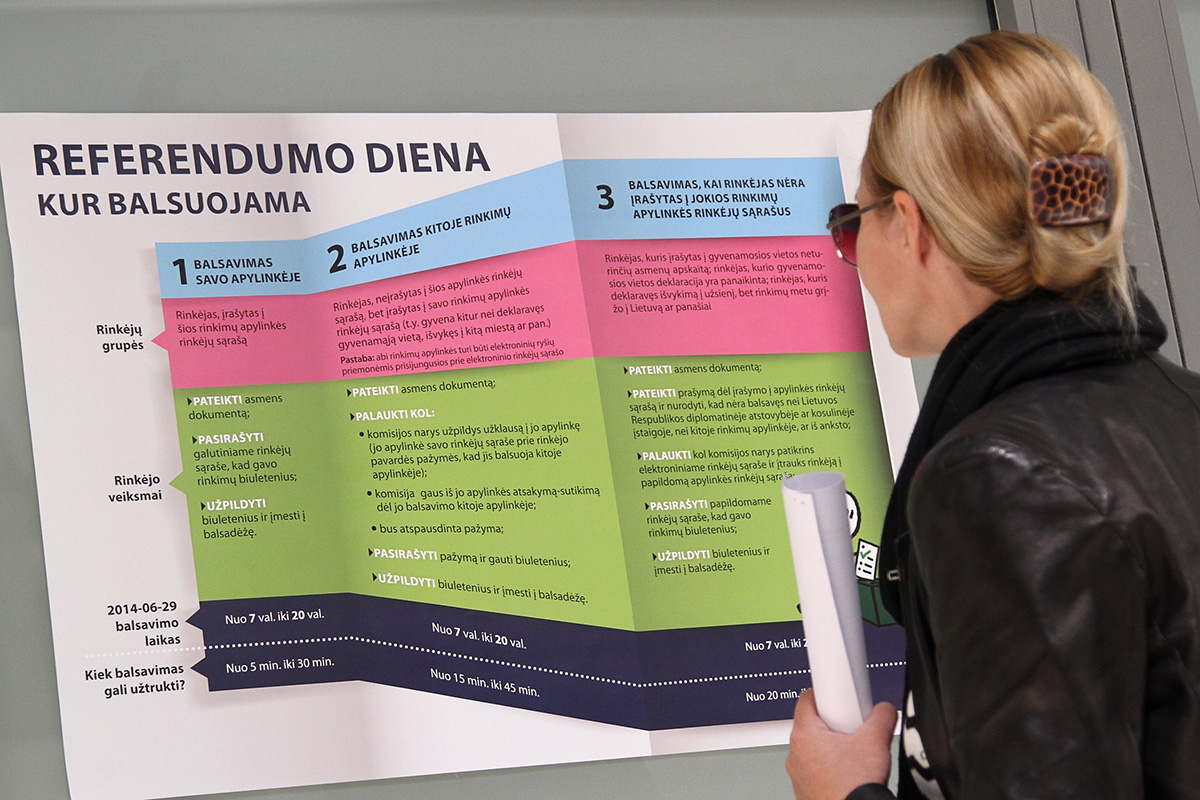- March 14, 2024
- 107
The referendum on dual citizenship will take place in May.

On May 12th this year, a mandatory referendum on dual citizenship will take place in Lithuania. Eligible voters will express their opinion on the amendment of Article 12 of the Constitution of the Republic of Lithuania regulating citizenship.
On the referendum ballot, a proposal was made to abandon the current sentence in the Constitution which states: ‘With the exception of individual cases provided for by law, no one can simultaneously be a citizen of the Republic of Lithuania and another country.’ This regulation does not allow one to keep their Lithuanian citizenship after acquiring one of another state.
During the referendum, a poll will take place regarding the following record in the Constitution: ‘Citizenship of the Republic of Lithuania is acquired by birth and on other grounds and following the procedure specified in the constitutional law. The constitutional law also specifies the grounds and procedure for the loss of citizenship of the Republic of Lithuania.’
That way the dual citizenship ban would be removed from the basic law. The introduction of liberalization would open up new opportunities for citizens who’d like to maintain their ties with Lithuania while simultaneously holding citizenship of another country.
For this to happen over half of eligible voters must vote ‘yes’. Dalia Asanavičiūtė, the chair of a working group that came up with the idea of a referendum, said that around 1,1 million votes of the Lithuanian citizens are needed. During the previous referendum regarding dual citizenship in 2019 only about 900 thousand people voted for that change. The legally required number of voters was insufficient at that time, hence the referendum did not gain legal force.
Citizenship is not only the case of having rights but also responsibilities, such as paying taxes, military service, and voting rights. According to the citizenship bill, citizens of Belarus and Russia along with past Soviet republics won’t be able to acquire Lithuanian citizenship. Dual citizenship will be available to citizens of countries that are part of EU, NATO, and OECD – comments Agata Palińska, a lawyer of the European Foundation of Human Rights, for ‘Kurier Wileński’.
The change of the law primarily concerns those, who had left the country after regaining independence in 1990. According to the European Foundation of Human Rights, legal regulations regarding dual citizenship in Lithuania should be liberalized precisely due to emigration tendencies and the desire of diaspora representatives to have the natural right to Lithuanian citizenship.
-In international law, there has long been observed shift towards a more liberal approach to dual citizenship, and the planned changes in Lithuania reflect the growing tolerance towards this issue on a European scale. In recent years, many European countries have undertaken similar reforms. Norway has radically changed its rules, introducing dual citizenship practically without reservation. Other countries have implemented piecemeal changes recognizing dual citizenship with specific countries – Spain has signed a bilateral agreement with France, and the Netherlands, as the result of Brexit, has adopted a law allowing dual citizenship between the Netherlands and the United Kingdom under certain conditions – the lawyer points out.
Another example of liberal citizenship regulations is Poland. According to the Polish Citizenship Act, the only way to lose Polish citizenship is by renouncing it. Acquiring citizenship of another country does not result in the loss of Polish citizenship, and consequently, dual citizenship is permissible.
Translated by Patrycja Płocha within the framework of a traineeship programme of the European Foundation of Human Rights, www.efhr.eu.

